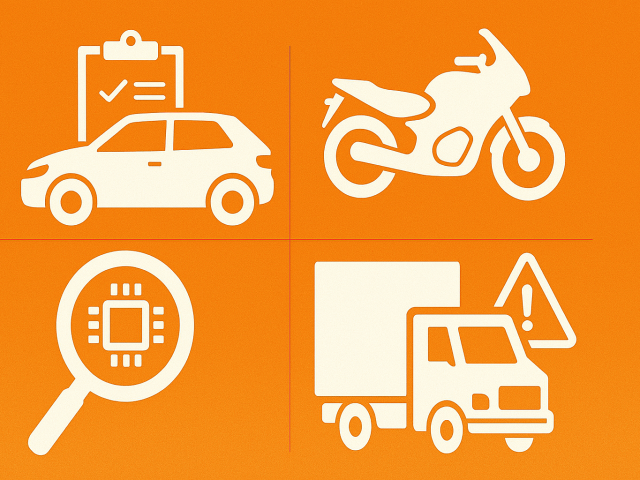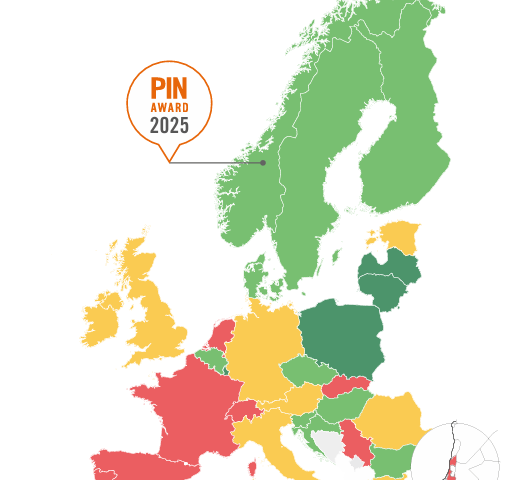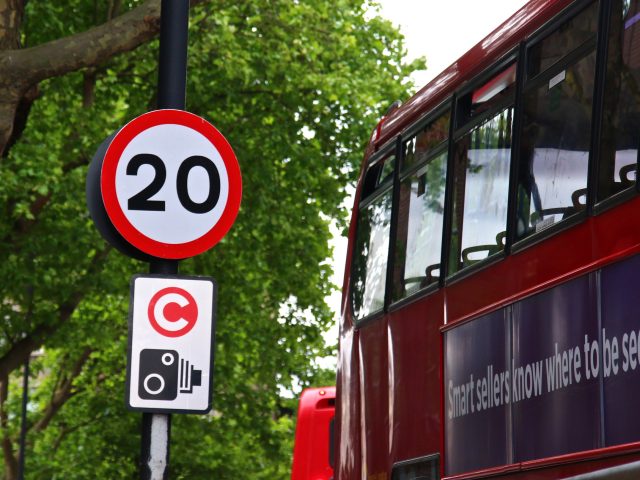Drink-Driving in the UK
Figures
Road users killed in road collision are not necessarily tested for alcohol by the police in the UK. The coroner can request alcohol data for any road death, though does not always do so.
A study published by the Parliamentary Advisory Council for Transport Safety (PACTS) in 2020 showed that in 2018 in Great Britain, an estimated 240 people were killed in collisions in which a driver was over the legal BAC limit or refused a test. Since 2010, no notable progress has been made and drink-driving accounted for around 13% of all road deaths in 2018.
National policies
Within the Road Safety Statement of 2019, police enforcement was seen as a key factor in tackling drink-driving: a competition was therefore launched, run by the Parliamentary Advisory Council for Transport Safety (PACTS), to encourage manufacturers to develop a Mobile Evidential Breath Test Instrument, a device that enables police to obtain a breath sample at the roadside accurate enough to be used in court. These instruments may be available as from 2022. How they would actually be deployed has yet to be determined
To see the main measures adopted by the Government to tackle drink driving, check the full report here.
BAC limit and sanctions
The legal BAC limit is 0.8g/l for all drivers in England, Wales and Northern Ireland. In 2016, lower BAC limits (0.5g/l for all drivers/0.2g/l for novice and professionals) were approved for Northern Ireland but are not yet in force for technical reasons.
The legal BAC limit is 0.5g/l for all drivers in Scotland since December 2014.
Check the detailed list of sanctions in the full report here.
Enforcement
Police in UK have unlimited powers to stop vehicles. However, they can conduct a breath test only if they suspect the driver has been drinking, has been involved in a collision or has committed a moving traffic offence. Except in Northern Ireland, they do not have powers of “random” breath testing.
The number of roadside screening breath tests undertaken by the police has fallen significantly in England and Wales; the figure for 2019 is the lowest since at least 2002 when records were first available. This is the result of substantial reductions in the number of roads policing officers over this period. 17.8% of breath tests conducted in 2019 were either positive or refused, the highest figure since 2004.
Data from Northern Ireland shows a different picture. The number of breath tests being conducted has increased significantly since 2015 (after random breath tests were introduced) before a slight fall in 2018.
Rehabilitation and Alcohol Interlock programmes
No alcohol Interlock rehabilitation programme is currently in place in the UK. However, in 2019 the UK Department for Transport announced that it would investigate the feasibility of using alcohol interlocks in association with drink-drive offender rehabilitation programmes. The Department for Transport subsequently awarded the Parliamentary Advisory Council for Transport Safety (PACTS) a grant to lead a consortium to undertake the research.
With this information, as well as evidence from scientific research, PACTS has explored how an alcohol interlock programme could be introduced into the UK, with consideration for the technical, legal and other essential programme aspects, and overall benefits that might be delivered. The report was published in March 2021
Campaigns
The UK government has been running road safety campaigns for more than 75 years. In 2000, the THINK! campaign was officially established as the government’s designated overarching road safety campaign.
One of the most recent campaigns on drink-driving run by THINK! was launched in 2019. The campaign called on young men to intervene and ‘Pint Block’ their friends. The campaign used social and online video, and messaging in pubs, bars and sports clubs, to bring the message to life through a series of humorous and surreal interventions.
To read the full country focus click here.







